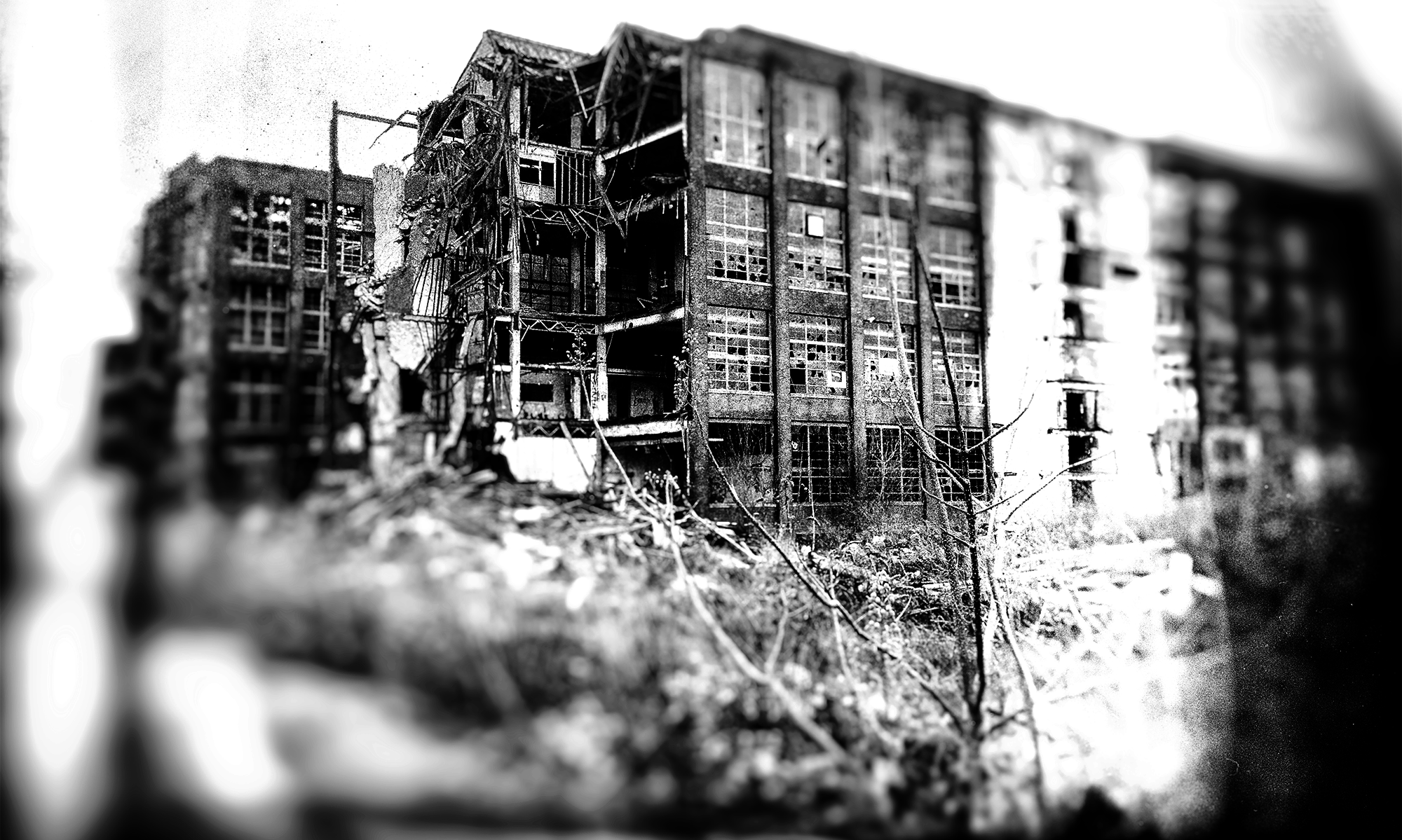In the four years between 1928, when Herbert Hoover was triumphantly elected President of these United States, and 1932, when he was repudiated, American public opinion has undergone a complete revolution. It has changed not only from Republicanism to Democracy in politics, from dryness to wetness on the liquor question—it has changed from sublime faith in American economic institutions to a bitter dissatisfaction with them.
Belief in the “new era” of permanent expansion, and faith that mass production and high wages, in accordance with the ideas of Henry Ford, would abolish poverty, have in these four years given way to doubt and despair, to desire for change and search for security. The selfsame people who four years ago laughed at forecasts of disaster and who called those who criticized the tendencies of American civilization “Jeremiahs,” have now lost their self-assurance. Most of them are groping around for some new magic to replace the old, and many of them are turning to the new gospel of economic planning to give some meaning to the struggle for life.
In 1928, during the peak of the great boom, I wrote This Ugly Civilization. The book was published just before the collapse of the boom in the fall of 1929. In spite of the fact that reviewers were kind to the book and were good enough to pay it the tribute of lengthy consideration—even when they disagreed with its argument—public interest in the book was small. When it appeared the public still believed in the permanence of the new era, and for months after the debacle in Wall Street in October of that year, few people were ready to give up their convictions that the decline would merely prove a temporary break in the movement toward bigger and better business. In the spring of 1930 it will be remembered, there was a decided improvement in business. Prices in the securities market began to rise again. Business responded to the stimulus of the glittering promises which the President, Andrew Mellon (then Secretary of the Treasury), Charles E. Mitchell (then president of the National City Bank of New York), John D. Rockefeller, Sr., and other political, industrial, and financial leaders made. It was only after this movement collapsed in the summer of 1930 and all the optimistic statements began to prove illusory that faith and hope began to decline. As the depression dragged its weary way, month after month and year after year, with prices declining continuously and unemployment increasing steadily, the doubts of intelligent men and women as to the magic of the gospel of mass production and high-pressure selling made a hearing possible for the message in This Ugly Civilization.
By that time the book was out of print.
As the depression has continued, spreading misery far and wide, requests for the book and for information about it have kept pouring in on me. The correspondence from those who had heard about the Borsodi experiment, or who read the book or the earlier New Republic articles, has been extraordinary. Men and women from all over the country, and even from Europe, keep asking for more and more details about “how to go Borsodi.” Proposals to establish colonies began to be made to me. In Dayton, Ohio, plans for multiplying such an experiment as mine in a large way are be ing sponsored by social agencies. Individual families which have in one way or another tried out the idea, have been writing me about their experiences.
Two things make me feel that a reissue of the book is now justified. One, the number of requests I receive for information about the way of life of which I am an advocate; the other the fact that in the four years since the book was written our new experiments in domestic production have immensely strengthened the case for what I have called the organic homestead. Our experiments with home weaving in particular warrant revising upward what I originally said about the economy and desirability of shifting cloth production from production for sale in our textile mills to production for use. Hence what I wrote five years ago as theory on the subject of domestic weaving has in this edition been revised on the basis of our experience with weaving during the past three years.
At the present time the world needs to be shown that there is some practical plan which men and women anywhere can adopt for securing food, clothing, and shelter—the essentials of life which requires them neither to wait for a revival of business nor to wait for some revolutionary reform of the existing social system. Those who are looking for some way to security and independence—for a satisfactory way of life in a crazy world in which everything seems suddenly to have become insecure—and who wish to achieve comfort and beauty in life here and now, may find in this book a new approach to the solution of the economic riddle.
RALPH BORSODI
March, 1933
Next Section | 1929 Preface to the First Edition

